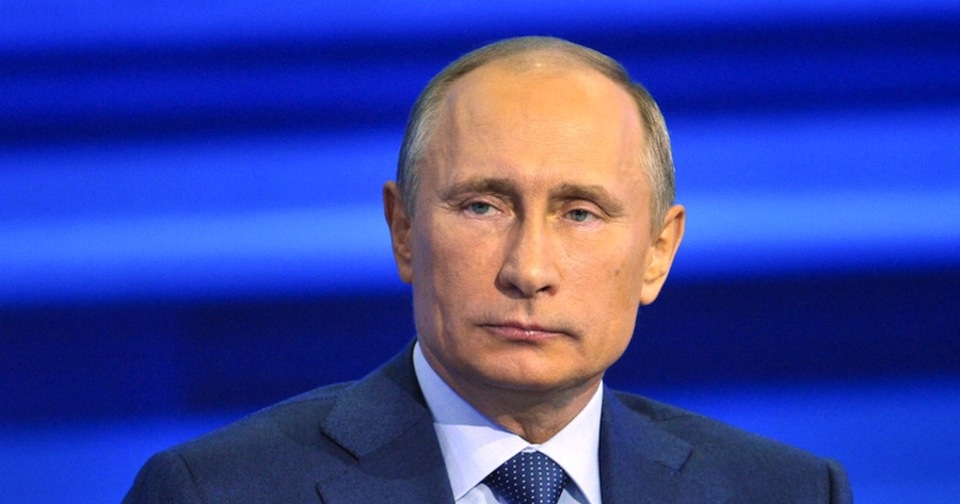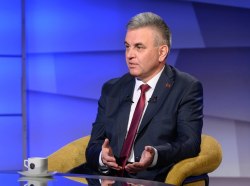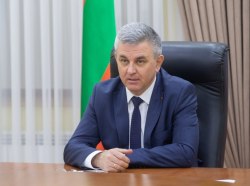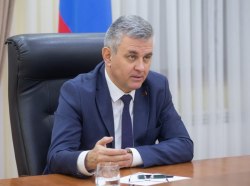During the delivery of credentials by new ambassadors from 20 countries, President Vladimir Putin declared that Russia would continue to contribute to the solution of the Moldo-Pridnestrovian conflict.
"We will continue to contribute to the political solution of the Pridnestrovian problem," RIA Novosti cites Putin as saying.
Earlier, the deputy foreign minister Grigory Karasin expressed the Russian MFA's position on this matter.
"The real solution to the Pridnestrovian problem does not consist in proclaiming 'revolutionary' proposals from the UN rostrum, behind which one can clearly see other nations' interests and aspirations, but rather in the steady work in the 'Permanent Conference on Political Issues' within the framework of the negotiating process on the Pridnestrovian settlement ('5+2' format)," said the diplomat, commenting on the appeal by the Moldovan government to the UN to make Russia pull its troops from Pridnestrovie.
This internationally recognised mechanism is a venue within which a formula for a viable settlement is to be found, Karasin noted, expressing surprise at OSCE representatives dragging this process out.
The international negotiations on the Moldo-Pridnestrovian settlement in the "5+2" format comprise Kishinev and Tiraspol as parties to the conflict, Russia, Ukraine, OSCE as mediators, the EU and the United States as observors. The last round of negotiations in this format took place in Berlin in June 2016 after a two-year pause. The meeting concluded with singing a protocol outlining the key socio-economic problems to be solved. Kishinev, however, has simulated work for more than a year, actually ignoring the protocol provisions.
At the same time, the acting Austrian OSCE chairmanship, which holds the meetings of the "Permanent Conference", refuses to assemble the international negotiators on the grounds that Tiraspol and Kishinev cannot agree on pressing issues.
Pridnestrovie's MFA has stated that the negotiations are actually blocked and that new directions should be explored to bring the negotiating process out of the crisis. Pridnestrovian President Krasnoselsky has already requested the UN to protect the rights of Pridnestrovian citizens and create a working group on the Moldo-Pridnestrovian conflict.
Meanwhile, the malfunction of the "Permanent Conference" benefits Kishinev as it allows Moldova to use additional instruments of pressure on Pridnestrovie, for example, joint blockade with Ukraine.








